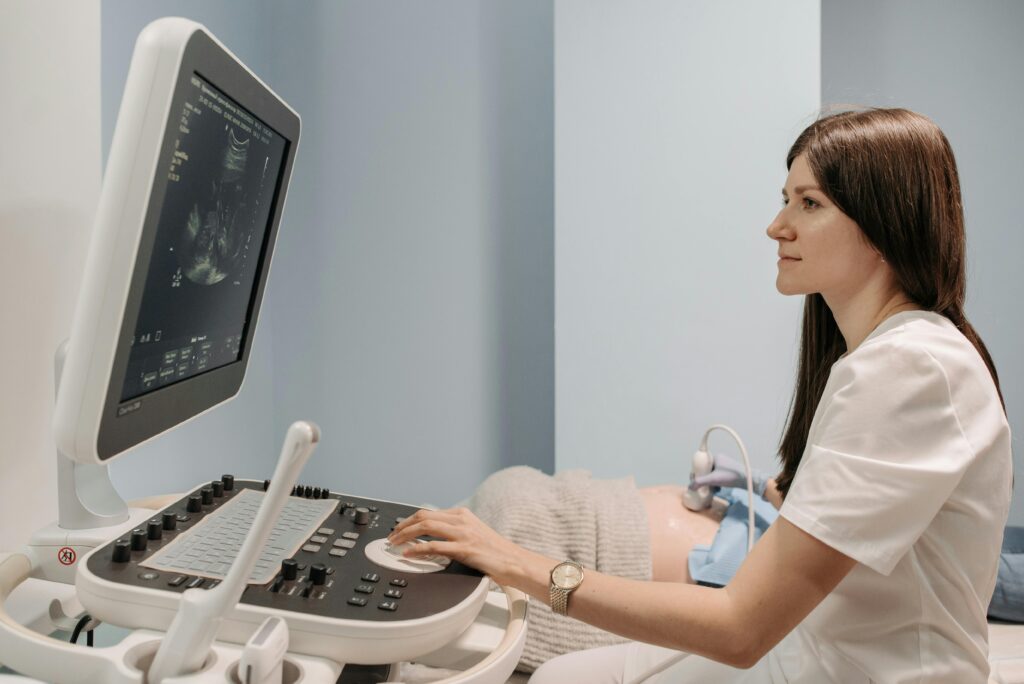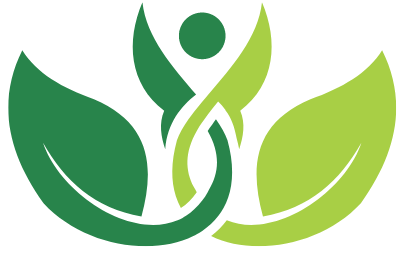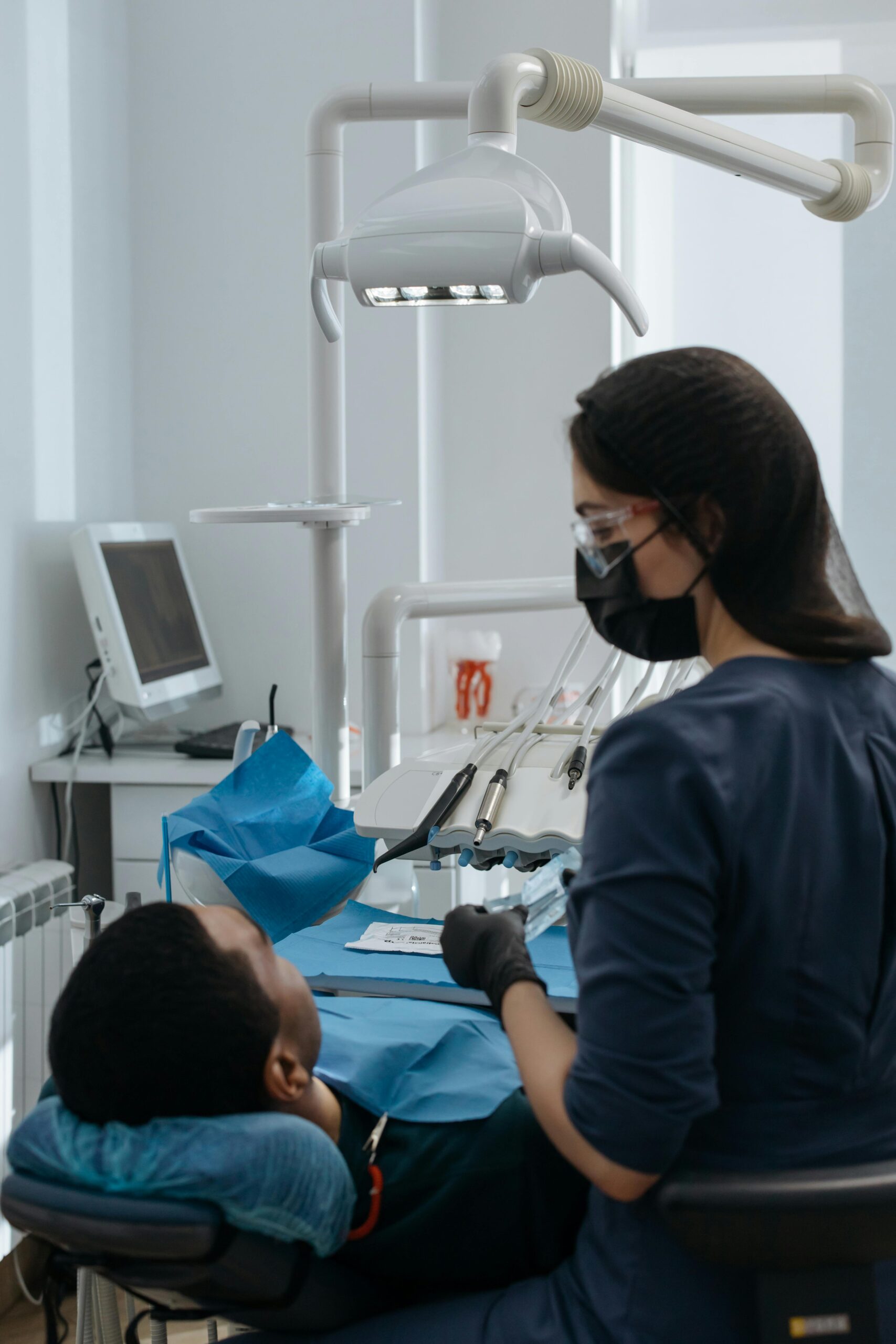Introduction (Patient care technician)
In the healthcare industry, patient care and patient care technician is at the heart of every hospital or clinical setting. While doctors, nurses, and specialists often take the spotlight, there is another crucial group of professionals who ensure that patients receive the best possible care—Patient Care Technicians (PCTs). These healthcare workers provide essential support, offering direct assistance to patients under the supervision of registered nurses (RNs) or physicians. In this article, we will explore the role of a Patient Care Technician, their responsibilities, required skills, education and certification, career prospects, and more.

What is a Patient Care Technician?
A Patient Care Technician, often referred to as a nursing assistant, is a healthcare professional who provides direct patient care, often in settings such as hospitals, nursing homes, long-term care facilities, or outpatient clinics. PCTs work closely with patients to monitor vital signs, assist with daily activities, and ensure a comfortable and safe environment for individuals who are ill, injured, or elderly.
While their duties can vary depending on the healthcare setting, PCTs generally work under the supervision of nurses or physicians. They assist patients with basic needs like bathing, feeding, and dressing, as well as taking vital signs, administering medications, and ensuring that patients are well cared for.
Main Responsibilities of a Patient Care Technician
The day-to-day tasks of a Patient Care Technician can be quite varied, but they typically fall into the following categories:
1. Patient Monitoring and Documentation
One of the core responsibilities of a PCT is to observe and record patients’ vital signs, such as blood pressure, pulse, temperature, and respiratory rate. Accurate documentation is critical for ensuring that the healthcare team is kept informed about a patient’s condition. PCTs also monitor other changes in the patient’s condition, such as alterations in mental status, pain levels, or physical ability, and report these findings to the supervising nurse or physician.
2. Assisting with Daily Activities
Patient care technician often help patients with activities of daily living (ADLs), such as bathing, dressing, grooming, eating, and using the restroom. They may also assist with mobility, such as helping patients get in and out of bed, walking, or moving between different areas of the healthcare facility.
3. Patient Safety
Ensuring patient safety is a primary concern for PCTs. This includes monitoring patients for signs of falls or injuries, preventing bedsores in bedridden patients by repositioning them regularly, and assisting with the use of medical equipment like wheelchairs, crutches, or walkers. In some cases, PCTs also help patients with basic rehabilitation exercises as part of their recovery plan.
4. Administering Basic Medical Procedures
Depending on the setting and their level of training, PCTs may also perform basic medical procedures under supervision, such as taking blood samples, performing electrocardiograms (EKGs), inserting catheters, and assisting with wound care.
5. Providing Emotional Support
In addition to their physical tasks, PCTs play a crucial role in providing emotional support to patients. They often serve as the primary point of contact for patients, offering comfort, answering questions, and addressing concerns. Their empathy and communication skills are essential in ensuring patients feel cared for and valued.
6. Assisting with Medical Equipment
Patient Care Technicians are often responsible for ensuring that medical equipment is in working order. This includes setting up and maintaining equipment such as oxygen tanks, IV lines, blood pressure cuffs, and pulse oximeters.
Skills and Qualities of a Successful Patient care technician (PCT?
While a specific skill set is essential for performing the technical aspects of the job, there are several personal qualities that make a Patient Care Technician particularly successful in their role:
1. Communication Skills
Effective communication is crucial for PCTs as they interact with patients, families, and the healthcare team. They must be able to listen actively, explain procedures clearly, and provide updates to nurses or doctors regarding a patient’s condition.
2. Empathy and Compassion
Working closely with patients who are often dealing with pain, illness, or discomfort requires a high level of empathy and compassion. A successful PCT must be able to provide emotional support to patients and their families in difficult times.
3. Attention to Detail
Patient Care Technicians must be detail-oriented in their observations and documentation. Monitoring vital signs, tracking changes in a patient’s condition, and accurately administering medication require a high degree of precision.
4. Physical Stamina
The role of a PCT can be physically demanding. From lifting patients to moving medical equipment and assisting with daily activities, physical stamina and strength are essential to performing the job effectively.
5. Teamwork
Patient Care Technicians must be able to work collaboratively with other healthcare professionals, including nurses, doctors, and specialists. A spirit of teamwork is necessary for delivering the best care to patients.
Education and Certification Requirements
While the education requirements for a Patient Care Technician may vary by state or employer, there are certain standard qualifications that are typically required.
1. Education
Most PCTs have at least a high school diploma or equivalent. However, many employers prefer candidates who have completed a formal training program in patient care, nursing assistance, or a related field. These training programs are available at vocational schools, community colleges, and technical institutes. Some PCT programs can be completed in as little as six months to a year.
2. Certification
While certification is not always required to work as a Patient Care Technician, obtaining certification can significantly enhance job prospects. The most common certification for PCTs is the Certified Patient Care Technician/Assistant (CPCT/A) credential, which is awarded by the National Healthcareer Association (NHA) or other accrediting organizations.
To become certified, candidates typically need to:
- Complete an accredited training program
- Gain hands-on clinical experience
- Pass a certification exam that tests knowledge of basic patient care skills, medical terminology, and healthcare regulations
Some states or employers may also require additional certifications in areas like CPR (Cardiopulmonary Resuscitation) or first aid.
Career and future for Patient Care Technicians
The demand for Patient Care Technicians is growing as the healthcare industry continues to expand, especially with an aging population that requires increased medical care. According to the U.S. Bureau of Labor Statistics (BLS), the employment of nursing assistants and patient care technicians is expected to grow by 8% from 2021 to 2031, which is faster than the average for all occupations.
PCTs can find work in a variety of healthcare settings, including:
- Hospitals – Providing direct care to patients in medical-surgical units, emergency departments, or intensive care units.
- Long-term care facilities – Assisting elderly or chronically ill patients who require ongoing care.
- Outpatient clinics – Supporting patients in settings such as dialysis centers or rehabilitation clinics.
- Home healthcare – Visiting patients in their homes to provide care and support.
With additional training or education, a PCT may advance to other roles in healthcare, such as a nursing assistant, licensed practical nurse (LPN), or even a registered nurse (RN).
Challenges and Rewards of Being a PCT
Challenges
Like many healthcare professions, working as a Patient Care Technician can be physically and emotionally demanding. Some common challenges include:
- Physically Demanding Work – Lifting patients, assisting with mobility, and providing personal care can be tiring.
- Emotional Stress – Dealing with patients who are ill or in pain can take an emotional toll, especially when patients pass away.
- Long Hours – Many PCTs work irregular hours, including nights, weekends, and holidays, depending on the facility’s needs.
Rewards
Despite the challenges, the role of a PCT can be incredibly rewarding:
- Job Satisfaction – Helping patients and making a direct impact on their well-being is a deeply fulfilling aspect of the job.
- Job Stability – With the growing demand for healthcare workers, job security for PCTs is relatively high.
- Career Advancement – There are opportunities to move up the career ladder into more advanced nursing or healthcare roles with additional training and education.
Conclusion
Patient Care Technicians play an indispensable role in the healthcare system, providing direct patient care and ensuring that patients receive the attention and support they need to recover or manage their conditions. Their responsibilities span a wide range of tasks, from monitoring vital signs and assisting with daily activities to offering emotional support and ensuring patient safety. With a growing demand for healthcare professionals, becoming a Patient care technician offers a stable and rewarding career path for those interested in making a difference in people’s lives.
Frequently Asked Questions (FAQs)
-
What is the difference between a Patient Care Technician and a Nursing Assistant?
While both roles involve providing direct patient care, the term “Patient Care Technician” typically refers to a broader scope of responsibilities, including more specialized skills such as EKGs or phlebotomy, whereas a Nursing Assistant focuses primarily on assisting with basic care tasks.
-
Do you need a college degree to become a Patient Care Technician?
No, a college degree is not required. However, completing a specialized training program in patient care or nursing assistance is often necessary to gain the skills needed for the role.
-
How long does it take to become a certified Patient Care Technician?
Training programs typically last between six months and one year. Certification can be obtained after completing an accredited program and passing the certification exam.
-
What is the salary of a Patient Care Technician in United States?
The salary of a Patient Care Technician varies depending on factors such as location, experience, and employer. On average, PCTs in the United States earn between $30,000 and $40,000 per year


1 thought on “Patient Care Technician (A complete Guidelines towards Healthcare System)”